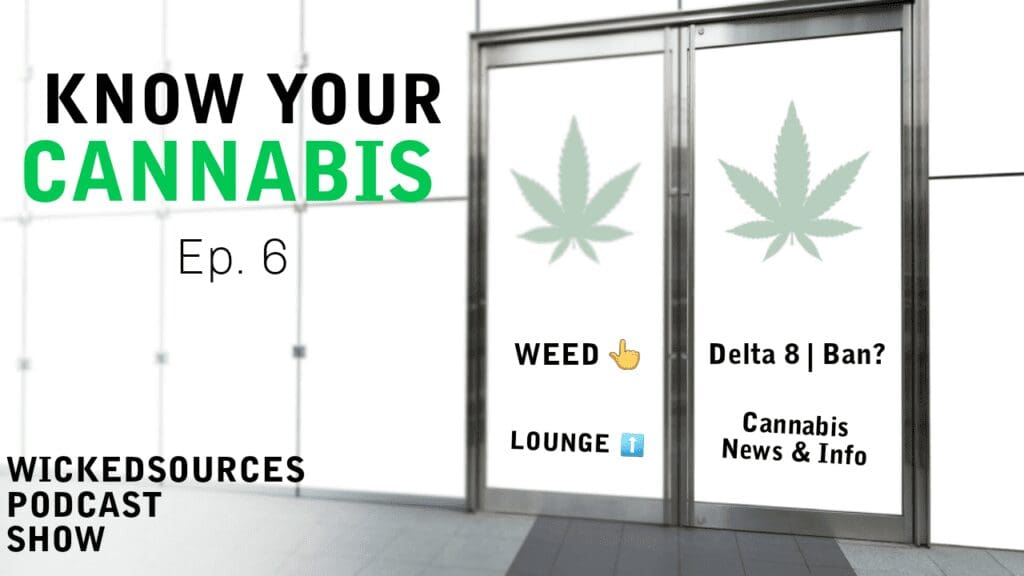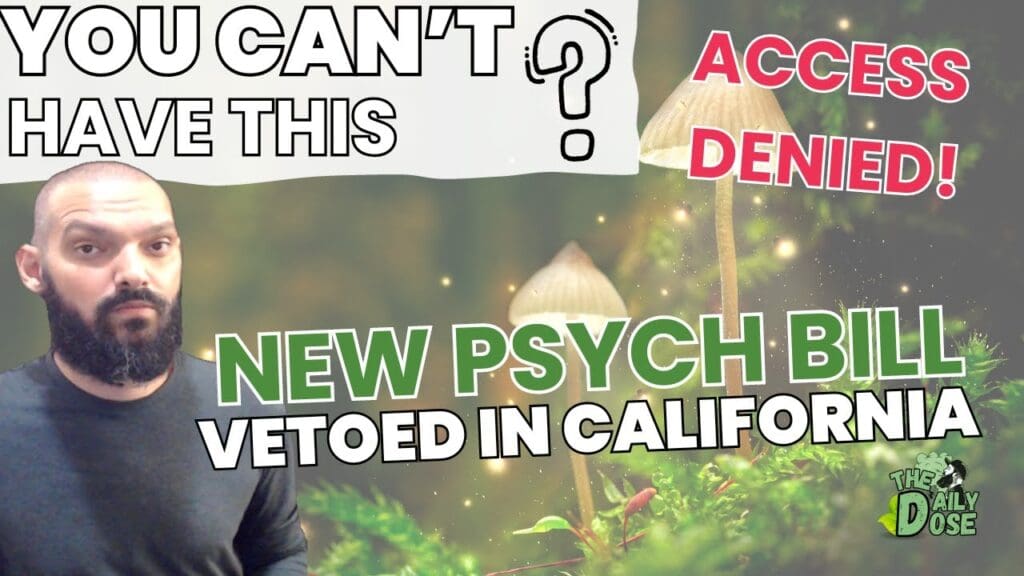Listen to the full episode here The Daily Dose Podcast
Cannabis Lounges The New Hangout Spot
Introduction
In the ever-evolving landscape of the cannabis industry, a new and innovative business model has taken center stage – cannabis lounges. These establishments are changing the way people experience and consume cannabis, offering a unique blend of social interaction, education, and relaxation.
In this comprehensive review, we explore the emergence of cannabis lounges, their business model, regulatory challenges, and their potential impact on the industry and society as a whole.
The Evolution of Cannabis Consumption
To understand the significance of cannabis lounges, it’s essential to trace the evolution of cannabis consumption. This section explores how cannabis has transitioned from being stigmatized to gaining acceptance for both medicinal and recreational use.
We’ll also highlight the shifting attitudes and changing legal landscapes that have paved the way for innovative cannabis experiences.
The Rise of Cannabis
Marijuana lounges, also known as cannabis clubs or marijuana lounges, are establishments where individuals can purchase and consume cannabis on-site, similar to a bar or café but for marijuana. The concept has evolved significantly, especially following the legalization of cannabis in various parts of the world. Here’s a detailed account of their evolution:
Early Beginnings and Pioneering Establishments
- The Netherlands in the 1970s: Often credited with pioneering the concept of cannabis-friendly spaces, the Netherlands, particularly Amsterdam, became known for its “coffee shops.” These establishments, although operating in a legal grey area, were allowed to sell cannabis under strict conditions and became popular among both locals and tourists.
- Private Clubs in Spain: Spain, particularly cities like Barcelona, saw the emergence of private cannabis clubs. These clubs operated as non-profit organizations where members could purchase and consume cannabis in a private, club-like setting.

Evolution in the United States
- Early Medical Dispensaries: Before the widespread legalization of recreational cannabis, some U.S. states permitted medical cannabis. Certain dispensaries began offering areas where patients could consume their medicine and socialize, laying the groundwork for future recreational lounges.
- Legalization in Colorado and Washington: Colorado and Washington became the first U.S. states to legalize recreational cannabis in 2012, but initial laws did not provide for the legal consumption of cannabis in public spaces, including lounges.
- Introduction of Lounges in Nevada and California: As more states legalized recreational cannabis, some, like Nevada and California, began to experiment with licensing marijuana lounges. In Las Vegas, for instance, the first cannabis lounges appeared, offering tourists and locals a legal place to consume cannabis outside of private residences.
Proliferation and Expansion
- Diverse Business Models: As the concept gained popularity, pot lounges began to diversify. Some operate similarly to bars, offering a social atmosphere with music and events, while others resemble cafés or provide a more spa-like, wellness-focused environment.
- Regulatory Evolution: The regulatory landscape for marijuana lounges continues to evolve. Challenges include balancing community concerns, such as preventing secondhand smoke exposure and ensuring public safety, with business and consumer interests.
- Innovation and Services: Many lounges offer more than just a place to consume cannabis. They host educational workshops, yoga classes, art shows, and other social events, seeking to destigmatize cannabis use and integrate it into a broader lifestyle context.

The Current State and Future Prospects
- Increasing Normalization: As the legalization of cannabis spreads, the concept of pot lounges are becoming more normalized. These establishments are increasingly viewed as legitimate businesses that contribute to local economies and tourism.
- Impact of Legislation: The future growth and spread of lounges heavily depend on local and federal laws. In regions where legislation is supportive, the number of lounges is likely to increase, while in areas with stricter regulations, growth may be limited.
- Innovation and Market Trends: The industry is likely to see continued innovation, with lounges catering to niche markets and interests, offering unique experiences beyond just cannabis consumption.
Lounges represent a significant shift in the way society views and interacts with cannabis. From underground beginnings to becoming sophisticated establishments that offer a range of experiences, they reflect broader changes in attitudes towards cannabis use and a growing desire to integrate it into various social and cultural contexts. As the legal landscape evolves, so too will the nature and presence of cannabis lounges around the world.
The Marijuana Lounge Business Model
Marijuana lounges operate on a unique and dynamic business model. Here, we dissect the key elements that define this model, including revenue streams, marketing strategies, and the importance of creating a welcoming atmosphere.
We also examine how lounges curate their cannabis menus and provide value-added services to their patrons.

Pros and Cons of Lounges
Pros:
- Social Experience: Marijuana lounges provide a social environment for like-minded individuals to gather, fostering a sense of community.
- Educational Opportunities: Many lounges offer educational programs and events to inform patrons about responsible cannabis use.
- Safe Consumption: Patrons can consume cannabis in a controlled and monitored environment, reducing the risk of misuse.
- Economic Growth: Lounges create jobs and stimulate local economies in regions where they are permitted.
Cons:
- Regulatory Challenges: The complex legal landscape can be a significant obstacle for lounge operators.
- Overconsumption Risk: Some individuals may overconsume in a social setting, leading to adverse effects.
- Stigma and Perception: There is still a stigma associated with cannabis use, which may deter some potential patrons.
- Limited Accessibility: Lounges are not available in all regions, limiting access for consumers.

Conclusion: Pioneering the New Frontier of Cannabis Consumption
In conclusion, lounges represent a transformative shift in the way people interact with and enjoy cannabis. These establishments offer a unique blend of social engagement, education, and responsible consumption, albeit in a regulated and compliance-driven environment.
As cannabis legalization continues to progress, lounges are likely to play a pivotal role in shaping the industry’s future, providing both enthusiasts and newcomers with a safe and enjoyable way to experience the world of cannabis.
FAQs
Are lounges legal everywhere?
Can I bring my own cannabis to a lounge?
Do lounges have age restrictions?
Are there health and safety measures in place at lounges?
Related Articles:
- Cannabis Delivery Near Me Now Los Angeles
- THC Detox Cannabis Questions Answered
- How To Start A Cannabis Business Now
- Cannabis Business Collapse In California
- Cannabis Recall California Cannabis Corner
Meet The Author





